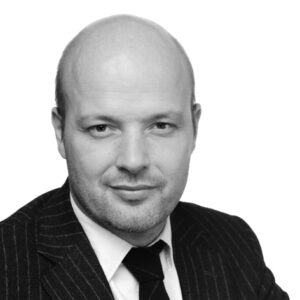French plans for International Commercial Court accelerate in the face of Brexit, March 2018
With Brexit on the horizon, France has accelerated an initiative introduced over twenty years ago: establishing divisions within the Paris Commercial Court and Court of Appeal that are able to deal with international business disputes governed by foreign laws – in particular, the common law – in English.
The two “International Divisions” were formally created by two protocols that entered into force on 1 March 2018. These protocols set out the procedural rules and guidance which these Divisions must apply when dealing with international business disputes. The preamble to the protocols states that in order to cater to the needs of commercial parties wishing to benefit from an attractive judicial system, the use of the English language and oral witness evidence will be prominent.
The main rules set out by the protocols can be summarised as follows:
- Jurisdiction: The Divisions will deal with any international business dispute including those arising from international commercial contracts, contracts of carriage and competition law. The Courts will be seised either as a result of agreement of the parties, or, when the Paris Courts have jurisdiction by the “Chambre des placements” (administrative organ in charge of distributing the cases between the various divisions of the Court)
- Language: All the judges within the Divisions are English-speaking.
Submissions must be drafted in French. However, documents and reports in English can be filed, with no requirement to translate into French. Furthermore, both the parties and witnesses have the right to use English or other foreign languages during hearings and simultaneous translation by official translators appointed by the court can be organised. Judgments will be given in French, with an official English translation. - Evidence: The protocols encourage the Divisions to orally examine the parties, witnesses and experts. The Divisions are also entitled to request one party to reply to questions submitted by the other party. At the request of either party, the Court can order the other party to disclose specified documents.
Although far from adopting the disclosure system used by the English Courts, the Protocols appear to favour an evidential system closer to the English one and to depart from the traditional court survey system commonly used in France, which involves the appointment of a “surveyor” by the Court to advise on technical matters.
France has thus taken a pragmatic approach to establishing a judicial forum which might attract international commercial parties concerned as to whether English judgments will remain as easily enforceable throughout the EU post Brexit. It remains to be seen however how this will be implemented in practice.
Stanislas Lequette
Partner, Paris
T +33 1 44 94 40 50
E stanislas.lequette@hfw.com
Damian Honey
Partner, London
T +44 (0)20 7264 8354
E damian.honey@hfw.com
Download a PDF version of ‘French plans for International Commercial Court accelerate in the face of Brexit, March 2018’









